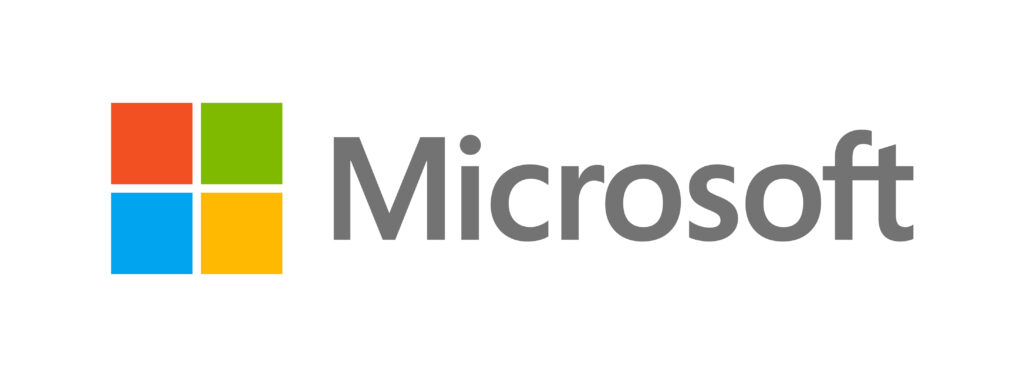In an age where digital threats loom large, it’s crucial for users to remain vigilant about cybersecurity. One of the most enduring scams involves fraudsters impersonating tech support from well-known companies like Microsoft. These scammers exploit the trust and brand recognition of these companies to manipulate victims into giving away personal information or direct financial access.
“It’s essential to remember: Microsoft will never proactively reach out to you to report an issue with your computer.”
R. Pinney – President, Penetra Cybersecurity
How the Scam Works
The scam often begins when an unsuspecting individual receives a cold call from someone purporting to be a representative of Microsoft or one of its partner companies. These callers craft a persona of authority and technical expertise, aiming to instill immediate trust. They inform you that during routine security checks or through automatic error reporting, they’ve detected a virus, malware, or other serious issues on your computer. This assertion is entirely fabricated but crafted to seem plausible given the technological context.
To make their claims more convincing, the caller frequently uses technical jargon. Terms like “Trojan horse,” “rootkit,” or “ransomware” may be thrown into the conversation, along with dire warnings about potential data loss or identity theft. These technical details can overwhelm the average user, making it harder for them to question the legitimacy of the call.

The creation of a sense of urgency is a critical component of the scam. The caller will insist that the problem must be resolved immediately to prevent further damage or loss of sensitive data. They might say that your financial information is at risk or that immediate action is necessary to prevent your computer from corrupting other systems. This pressure tactic is intended to rush you into making a decision before you have time to think it through or consult someone who might advise you that it’s a scam.
The ultimate goal of these scammers is to manipulate you into acting impulsively—either by providing them with remote access to your computer, divulging sensitive personal information, or directly transferring money for supposed repair services. This strategy relies heavily on the initial shock and urgency created by their unexpected call and alarming claims.
Recognizing the Signs
Here are some red flags that can help you identify such a tech support scam:
- Unsolicited Calls: Microsoft does not make unsolicited phone calls to help you fix your computer.
- Pressure Tactics: Scammers often use fear tactics to rush you into making a bad decision.
- Requests for Remote Access: Allowing someone to remotely control your computer is risky. Legitimate tech support teams will never ask you to do this as a first step.
- Payment Requests: Be wary of any request to pay for software or services with a credit card or wire transfer in an unsolicited call.
Protecting Yourself
Protection starts with awareness. Here’s how you can safeguard yourself against such scams:
- Hang Up: If you receive an unexpected call from someone claiming to be tech support, hang up immediately.
- Use Official Channels: If you suspect that there might actually be an issue with your computer, contact Microsoft or your tech support team directly using the contact information on their official website.
- Implement Security Software: Keep your computer protected with updated antivirus software and a robust firewall.
- Educate Others: Share this information with friends and family. Scammers often target those who are less tech-savvy or more trusting.
Lesson Learned
The fundamental lesson in defending against tech support scams is the importance of being informed and cautious. Recognizing that these scams are both sophisticated and common, companies like Microsoft continuously work to educate the public about fraudulent activities carried out in their name. They update their security protocols and regularly publish guidelines on how to recognize and respond to scams. This proactive approach by tech companies is crucial in helping individuals recognize when their name and reputation are being misused.
Maintaining a level of skepticism is essential. Scammers rely on the surprise and authority they can project over a phone call to push you into making rash decisions. However, by staying informed about the nature of these scams and the tactics commonly used, you can better safeguard yourself. It’s helpful to keep abreast of the latest security alerts from trusted sources and learn the typical signs of a scam.
Additionally, it’s important to remember that taking steps to verify the legitimacy of a call, or simply deciding to end a suspicious call, is a wise security measure—not a breach of manners. Protecting your personal information and security should always come first. If you receive a call that makes you uncomfortable or seems to be pushing you towards immediate, unverified action, it’s not only acceptable but advisable to hang up. You can always contact the company directly through official channels to verify any claims made.
Empowering yourself with knowledge and maintaining a questioning attitude are powerful tools in defending against tech support scams. By understanding that these fraudulent activities are prevalent and recognizing the strategies employed by scammers, you can avoid becoming a victim. This defensive posture—being both informed and cautious—will help you navigate interactions that could potentially compromise your security. If a situation on a call escalates to pressure tactics or requests for sensitive information, remember: protecting your security is paramount, and hanging up is a valid and effective response.

Penetra Cybersecurity is at the forefront of defending the digital frontier, providing cutting-edge solutions to protect businesses and organizations from the ever-evolving threats of the cyber world. Established with a mission to create a safer internet for everyone, Penetra leverages a blend of advanced technology, expert knowledge, and proactive strategies to stay ahead of cybercriminals.
Ready to take the next step towards a more secure future? Schedule a consultation with us today and discover how we can help protect what matters most to you. Don’t wait until it’s too late—with Penetra Cybersecurity, your business isn’t just secure; it’s imPenetrable.

